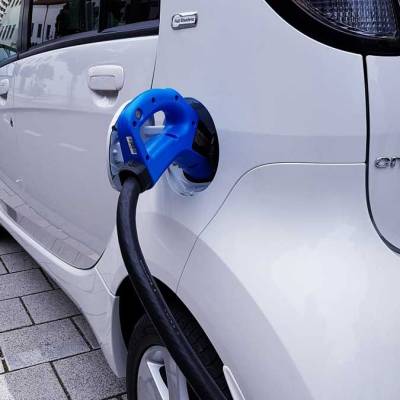

Toyota Kirloskar Motor (TKM) intends to introduce more clean technology models, such as hybrids, flex fuel, and hydrogen, at affordable price points over the next three to five years as part of its strategy to reduce reliance on fossil fuel-powered vehicles. Rapid localisation, including sourcing locally made parts and raw materials, will be critical to the plan, according to the company's top officials.
Encouraged by the success of the locally manufactured Hyryder and Innova Hycross hybrid SUVs last year, Toyota is currently testing the flex fuel Corolla Altis, which can run on an ethanol blend of up to 85%. It is also experimenting with hydrogen fuel cell and plug-in hybrid vehicles.
"The goal as we move towards green technologies is to leave no one behind." It does not have to be a specific technology," said Vikram Gulati, Toyota Kirloskar Motor's country head and executive vice president.
Toyota Kirloskar Auto Parts (TKAP) and the Japanese carmaker's local arm have invested Rs 4100 crore in the last year to accelerate the localization of green technologies. This investment was made to enable local manufacturing facilities to produce electric powertrain parts and components, thereby catering to India's electrified vehicle manufacturing.
According to Gulati, the efforts are now beginning to bear fruit. The TKAP facility, which manufactures the electric drivetrain that powers the Hyryder, sources 70% of its parts locally (by volume) and 55% by value. The plant has a capacity of 135,000 e-drivetrains per year, with a third used in the domestic market and the rest exported to several countries, including Japan, according to Gulati, who added that efforts are being made to localise further and reach the levels TKM achieved in Innova.
The TKAP plant that manufactures the e-drive is the first in the Asia Pacific region to be commissioned outside of Japan. The e-drive can be used in both hybrid and plug-in hybrid vehicles, and it is also being exported back to Japan. According to Gulati, the facility is eligible for incentives under the auto productivity linked incentive scheme.